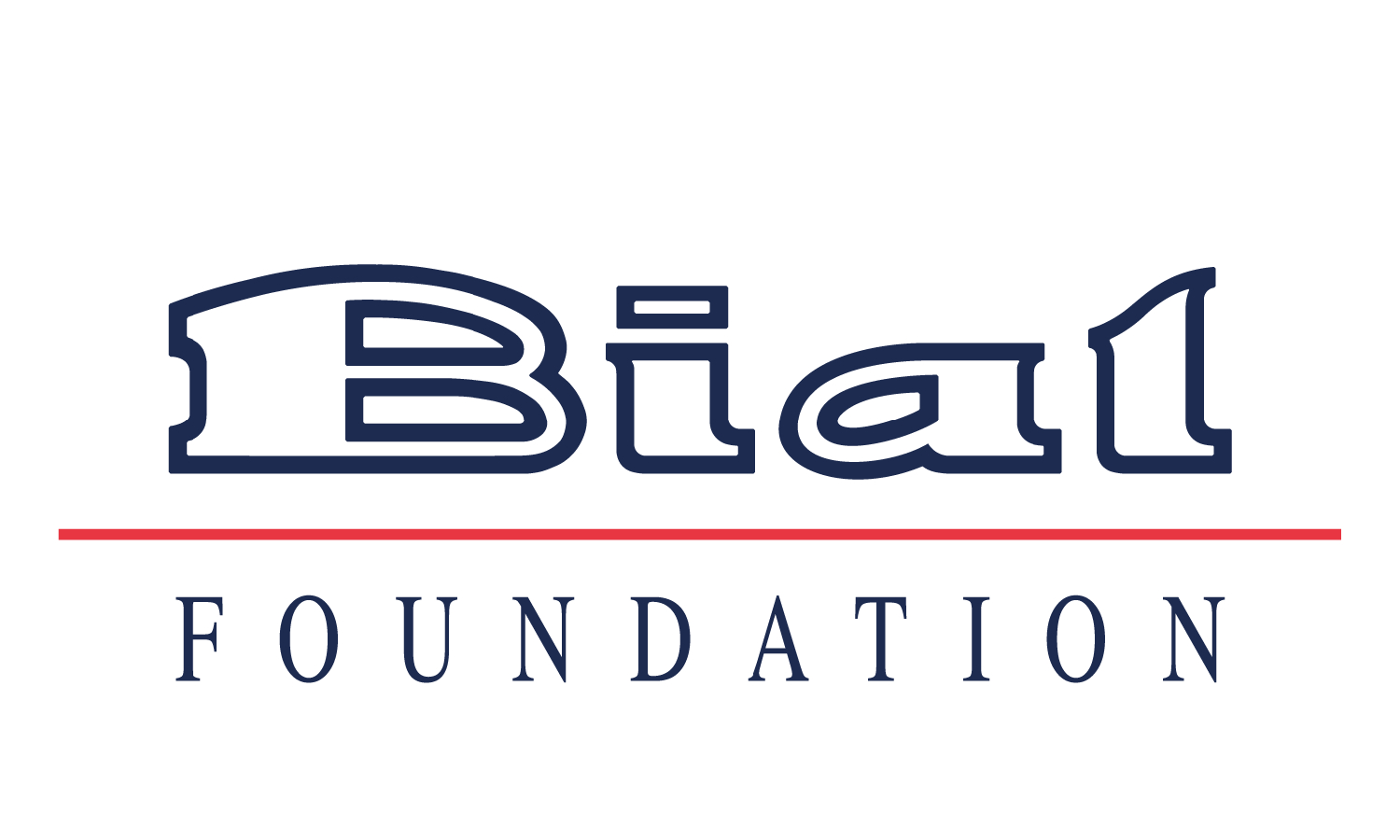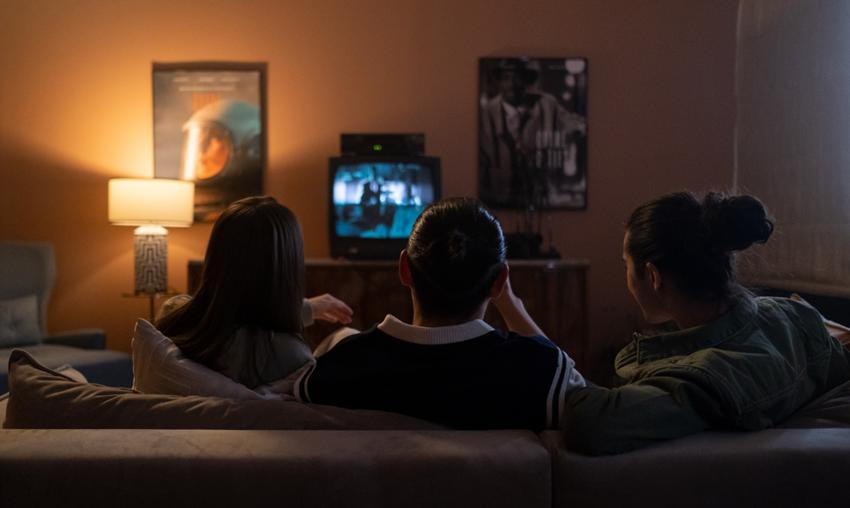Researchers evaluated how young adults and middle-aged recall detailed information from a movie after one week. The results indicated that memory decay mainly affects the recall of the movie's dialogues and that young adults are more accurate and confident than middle-aged participants.
Human memory, or the ability to remember something, is known to decay with time. Several research papers have been published on the patterns of forgetting for simple material, such as lists of nonsense syllables, digits, and pictures, but less is known about the time-dependent loss of memory for more complex materials, such as narrative movies.
Movies have indeed proved to be a valuable tool for investigating memory for complex events (i.e., meaningfully related, visually rich, and dynamic lifelike stimuli) that allow for both experimental control and ecological validity.
In this context, Matteo Frisoni and his team carried out a study that analyzed the memory of 59 volunteers, divided into two groups - one of the young adults (20-30 years old) and the other of middle-aged (40-55 years old) - after watching an episode of the BBC series "Sherlock". Participants were asked to provide yes/no answers to detailed questions about specific scenes in the movie over three retention intervals (1, 3 days, and 1 week).
The research study aimed to assess the extent to which detailed verbal information (i.e. dialogues), as well as semantic and spatiotemporal elements (i.e. "what", "where" and "when") of episodic memories for the movie, were forgotten over a week. At the same time, it was also intended to test whether a similar pattern of dimension-specific memory decline was observed across different age groups for which differences in the ability to recollect past events have been reported in previous studies.
In the article “Long-term memory for movie details: selective decay for verbal information at one week”, published in September in the journal Memory, the researchers revealed that memory decay over a week mainly affects the auditory verbal dimension of complex events, both in terms of memory accuracy and confidence, whereas information about the "what" (objects/characters), "where" (spatial) and "when" (temporal) elements seems to be better preserved.
The researchers from the Department of Neuroscience, Imaging and Clinical Sciences (DNISC) at the University of Chieti-Pescara (Italy) also concluded that young adults were more accurate and confident than middle-aged participants.
According to Matteo Frisoni, supported by the BIAL Foundation, "the general decrease in recall of complex events recorded in the middle-age group is in line with previous research showing an age-related decline in memory for details". The researcher points out, however, that middle-aged adulthood has been less studied in the field of cognitive aging, probably because most complex abilities do not show reliable decline until older age.
Learn more about the “Schema-based temporal memory in the parietal cortex (SCHETEMP)” here.



















































